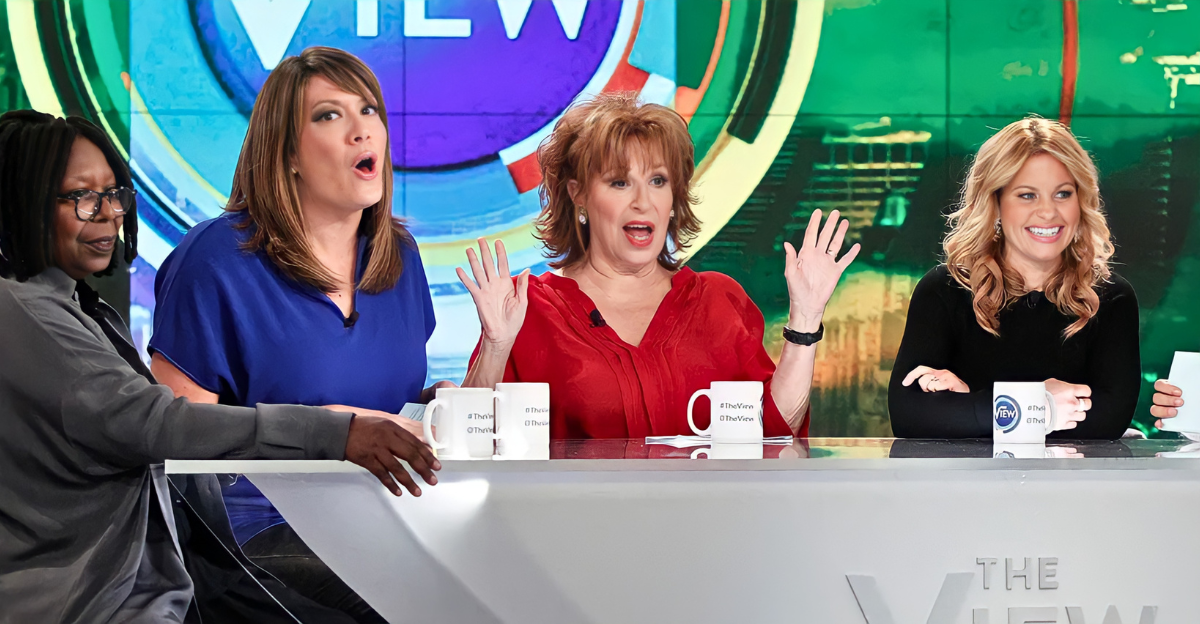
In early August 2025, former co-host Rosie O’Donnell took to TikTok to claim that ABC was conducting a “liberal bias review” as a pretext to cancel The View.
She said the supposed audit was “code” for eliminating one of daytime TV’s flagship talk shows amid pressure from President Trump’s administration. The claim instantly sparked a firestorm: Fox News highlighted O’Donnell’s warning on August 8, 2025, giving the rumor wide exposure.
Viewers and pundits erupted into debate, dissecting her every word and questioning whether it signaled genuine censorship or a baseless scare.
Numbers Game

Shortly after, media analysts pounced on one report that appeared to quantify the show’s bias. The conservative Media Research Center calculated that between January and July 2025, The View booked 102 guests identified as liberal and zero who identified as conservative.
Fox News amplified this statistic on July 30, 2025, labeling the gap a clear indicator of ideological imbalance.
Critics seized on the figures as evidence of systemic bias. Defenders of the program countered that simply counting guests can be misleading—many guests defy easy political labels, and the hosts themselves routinely challenge liberal viewpoints.
For longtime viewers, the data only reinforced The View’s reputation for a liberal slant.
Historical Context
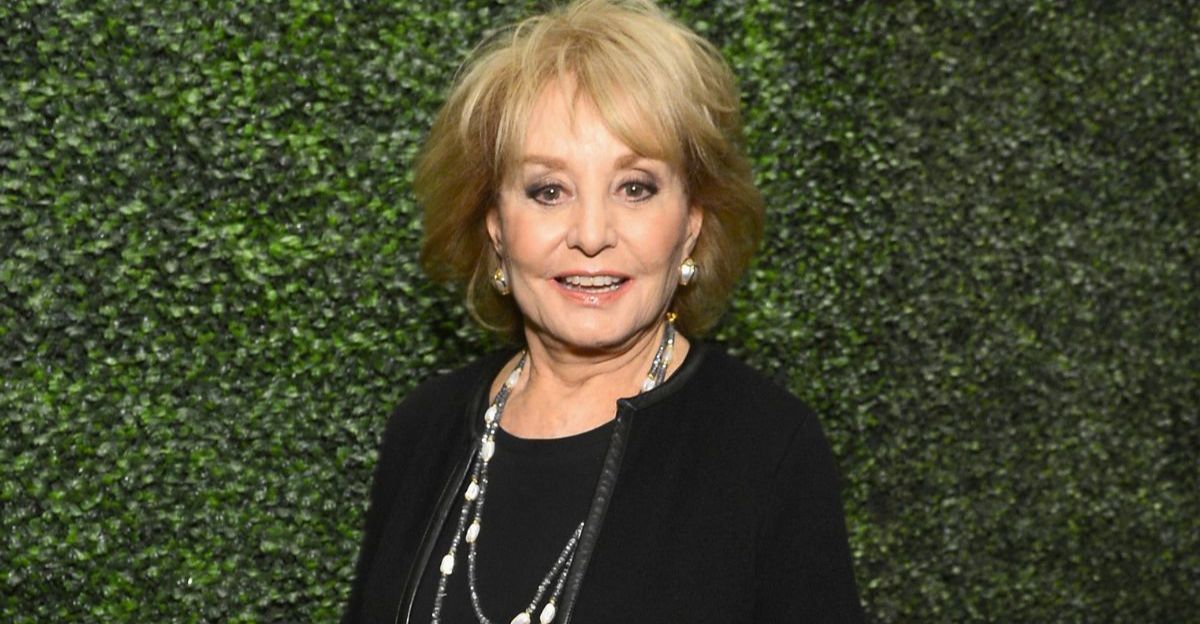
Barbara Walters launched The View in 1997 as a first-of-its-kind platform for women’s voices in news and entertainment. By mid-2025, the show was entering its 28th season, a remarkable longevity in the crowded daytime lineup.
Its format features a rotating panel of female hosts—ranging from journalists and comedians to former politicians—who discuss current events and pop culture.
The program’s tone has historically leaned left, reflecting Walters’s vision of progressive commentary, although it has occasionally welcomed conservative guests to spark debate.
Over the years, The View weathered many controversies but remained a staple of ABC’s schedule, surviving by blending serious political discourse with celebrity interviews.
Corporate Pressure
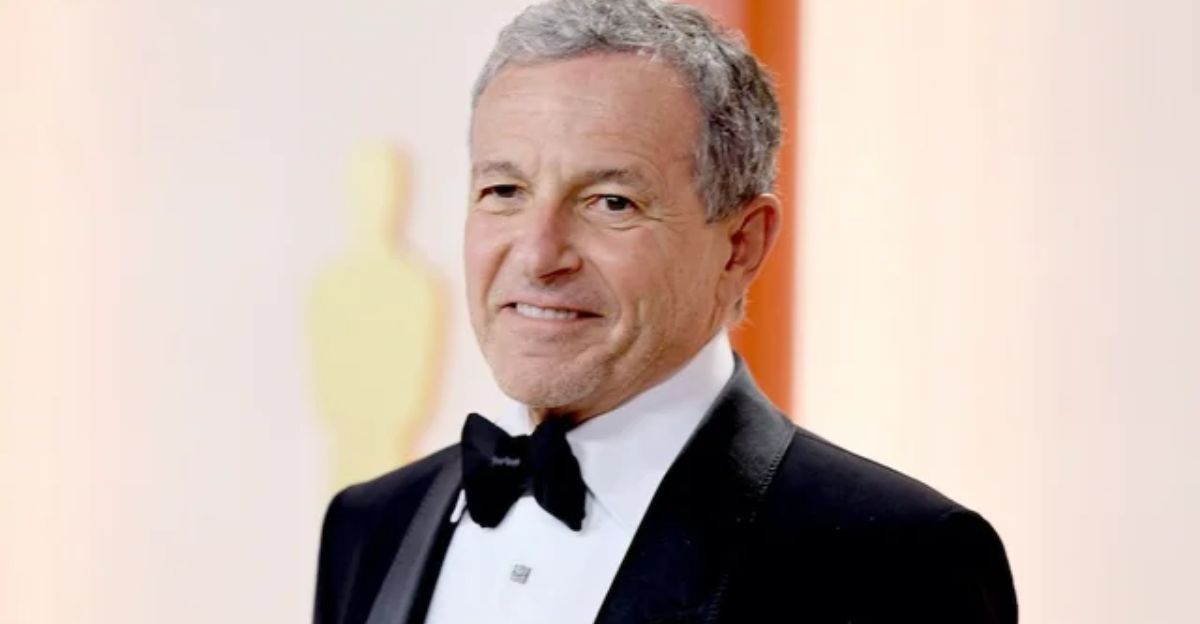
In May 2025, reports emerged of tension behind the scenes at ABC. The Daily Beast revealed that Disney CEO Bob Iger and ABC News President Almin Karamehmedovic had privately urged The View’s hosts to moderate their political commentary.
The meeting reportedly took place after President Trump’s surprise win, reflecting executive concern that the show’s left-leaning debates might provoke backlash.
Insiders said Iger cautioned the hosts to “be mindful” of tone, illustrating corporate worries that the panel’s pointed discussions could alienate viewers or draw unwanted attention.
Although these meetings were confidential, the story fueled speculation that even ABC’s own leadership was uneasy about the show’s direction.
Rumor vs. Reality
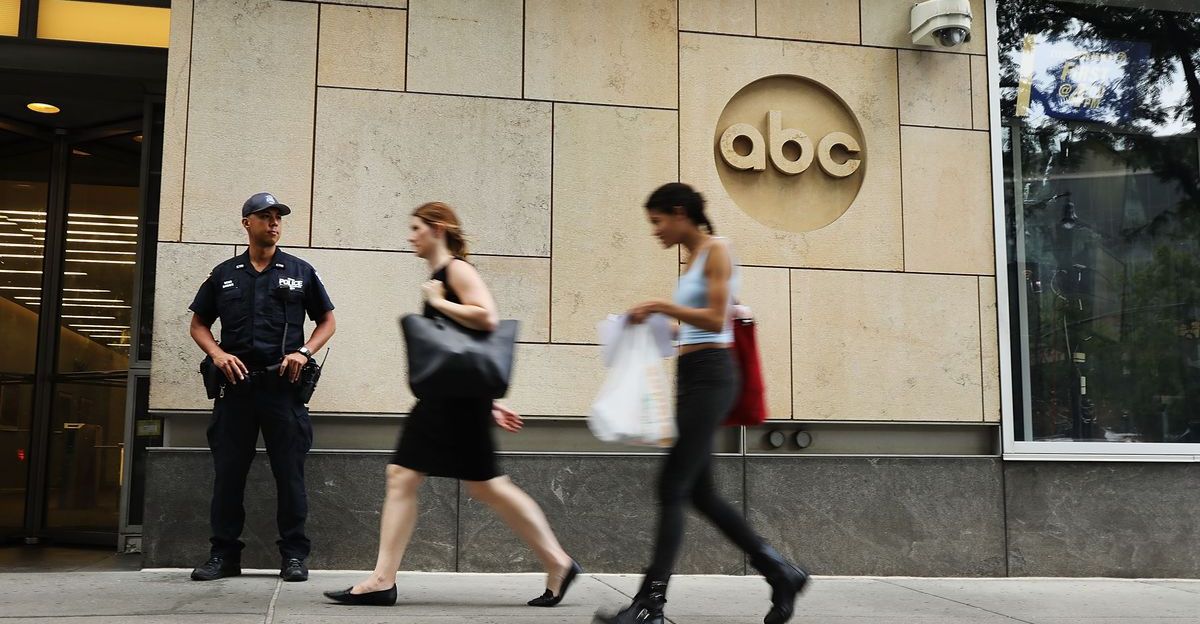
In reality, ABC insiders say the rumors were baseless. A Variety investigation (Aug 7, 2025) confirmed there was no formal “liberal bias review” of The View underway.
Instead, reporters found that O’Donnell’s TikTok comments stemmed from misheard talk about routine editorial feedback, not any official cancellation plan.
Crucially, ABC had already greenlit the show’s 29th season for fall 2025 – news that directly contradicted the cancellation chatter.
The network publicly reaffirmed The View’s importance to its lineup, effectively debunking the rumor. The truth was the opposite of O’Donnell’s claim: the alarm was built on misunderstanding, not on any documented action by ABC.
Ratings Reality
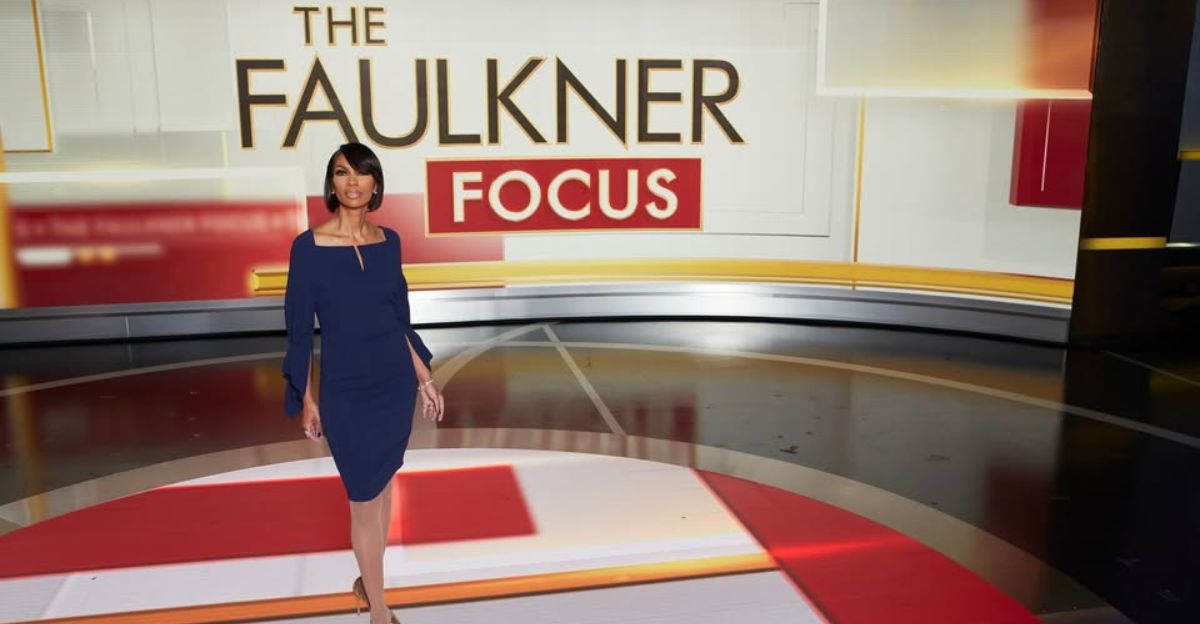
Behind the rumors, The View’s ratings told a different story: the show was actually growing. Nielsen data for Q1 2025 show The View averaged about 2.62 million viewers—a 4% increase from a year earlier, marking its seventh straight quarter of growth.
Though Fox’s new The Faulkner Focus edged out The View on one January day (2.552M vs. 2.508M viewers), the show otherwise consistently led its timeslot.
Media analysts emphasize that high-performing shows (so-called “hits”) are rarely canceled for content reasons; The View’s continued success makes any cancellation talk seem far-fetched. In industry terms, as long as the program delivers viewers and ad revenue, it is considered safe from being cut.
Personal Stakes
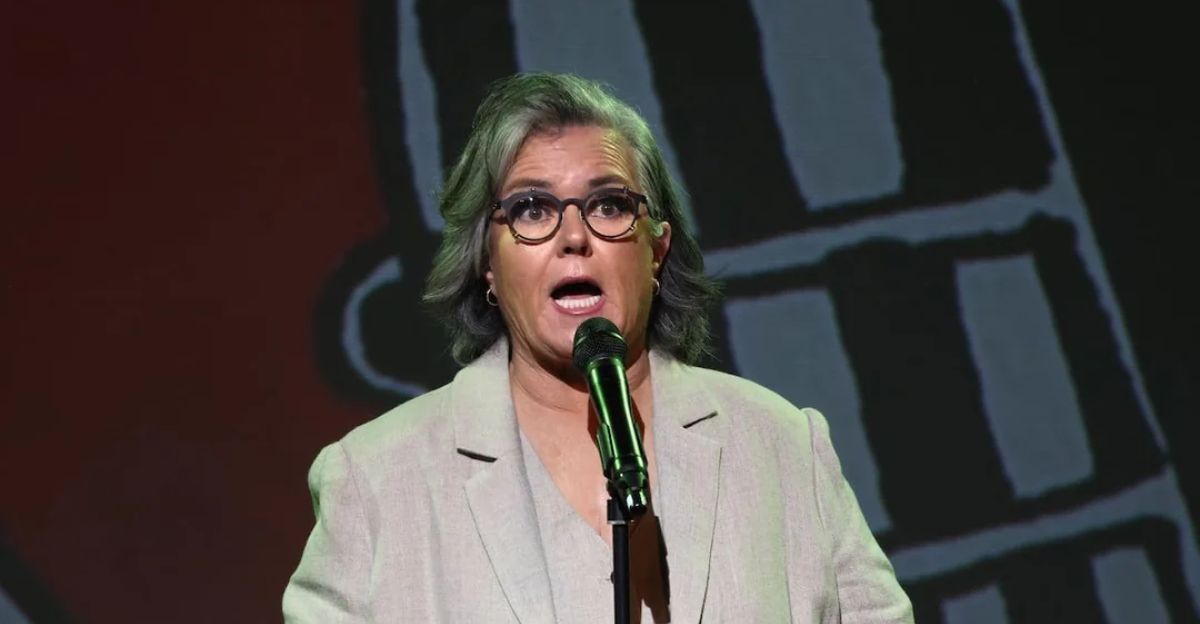
Rosie O’Donnell has a personal stake in this debate. She was a View co-host in 2006–07 and briefly in 2014, and she moved to Ireland after Trump’s first election in 2016 (citing political disillusionment).
In her August 2025 TikTok, O’Donnell quoted a Holocaust-era poem about persecution, suggesting that canceling The View would be like silencing dissent under a repressive regime.
This dramatic rhetoric underscores how passionately she sees the issue: for O’Donnell, the show isn’t just entertainment, it’s a platform worth defending.
By invoking that imagery, she painted the potential cancellation as part of a larger struggle against authoritarian silencing.
Industry Tremors
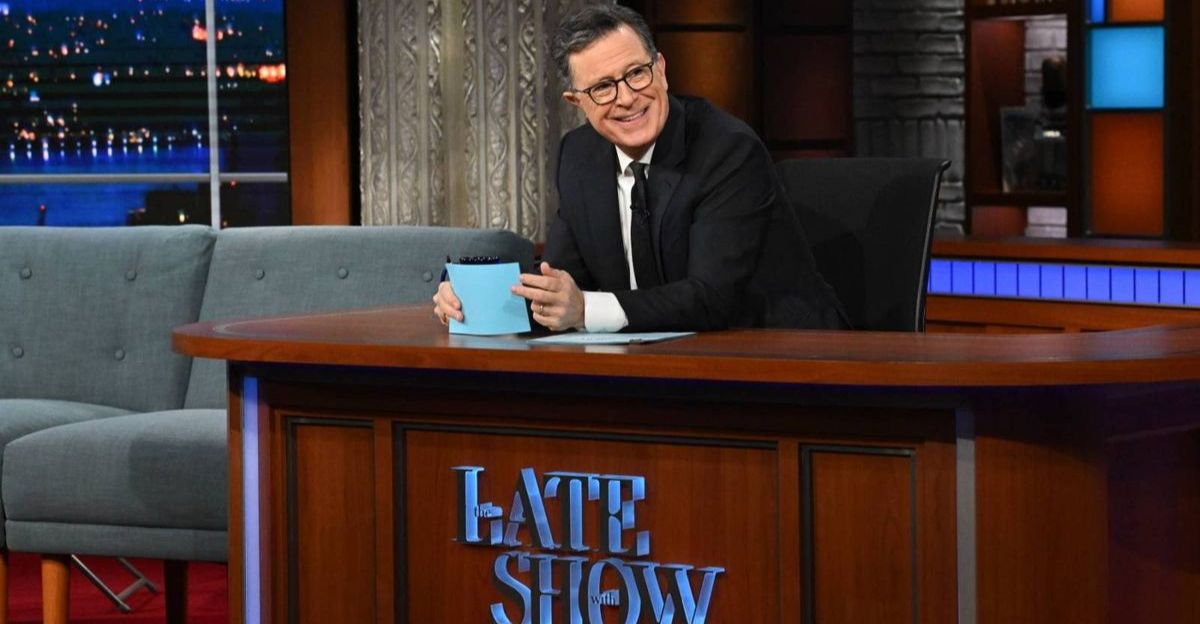
In July 2025, some outlets began framing late-night shakeups as politically motivated. Screen Rant reported that CBS had quietly canceled The Late Show with Stephen Colbert over large losses (around $40 million/year).
The same report noted that Paramount paid roughly $16 million to settle a dispute involving a Trump interview. Taken together, this sounded like networks were slashing liberal voices.
In reality, CBS made no cancellation announcement, and Colbert’s team said nothing.
Many industry analysts cautioned that Screen Rant’s story appeared speculative: CBS had other budget concerns, and the Trump case was handled as a separate legal matter.
Experts said it smelled more like routine financial belt-tightening than an orchestrated political purge. —Source: Screen Rant, August 11, 2025
Market Dynamics

In the broader context, The View’s predicament comes amid a wider industry shift. Late-night programming has seen massive declines in ad revenue—from roughly $439 million in 2018 to about $220 million by 2024—as audiences increasingly flock to streaming and social media. Networks responding to this trend have been slashing costs.
For example, CBS canceled its own After Midnight series (a late-night spinoff) and even daytime talkers like The Talk were cut in recent years.
For many media observers, these moves are driven by economics rather than politics: staying in talk shows is riskier when ad dollars are shrinking. The networks’ cost-cutting reflects market realities, not censorship agendas.
White House Enters the Fray
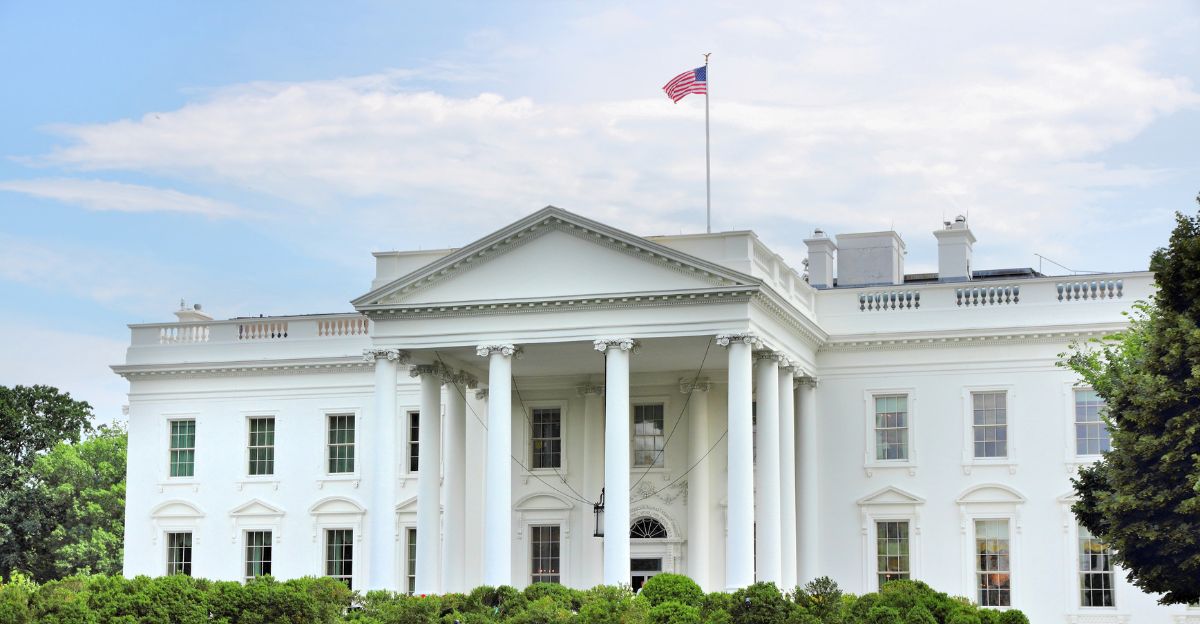
In mid-August 2025, Fox News took the story to an extraordinary new level. According to Fox, a White House aide named “Taylor Rogers” allegedly called Rosie O’Donnell an “irrelevant loser” and told Joy Behar to “self-deport” to Ireland.
If true, that would be an unprecedented intrusion of politics into entertainment programming. However, the White House press office never confirmed these remarks, and no other outlet independently verified the story.
Media analysts noted that this “mini-revelation” seemed based on loose gossip.
While the controversy had reached presidential-level chatter, the specific Rogers quote remained uncorroborated. This episode illustrated how, at this point, sensational claims were outpacing verified facts.
Internal Tensions

Insiders say The View’s veteran hosts did not take corporate warnings lightly. The Daily Beast reports that panelists like Joy Behar and Whoopi Goldberg pushed back when executives asked them to tone down political talk.
The hosts argued that lively debate is central to the show’s appeal and expected by their audience—that The View is, at its core, a forum for strong opinions.
On air, they simply kept having spirited discussions, signaling that the show’s edgy tone was non-negotiable.
Behind the scenes, the panel made clear it was not going to mute itself: they believe viewers tune in to hear them speak their minds
Disney Dilemma
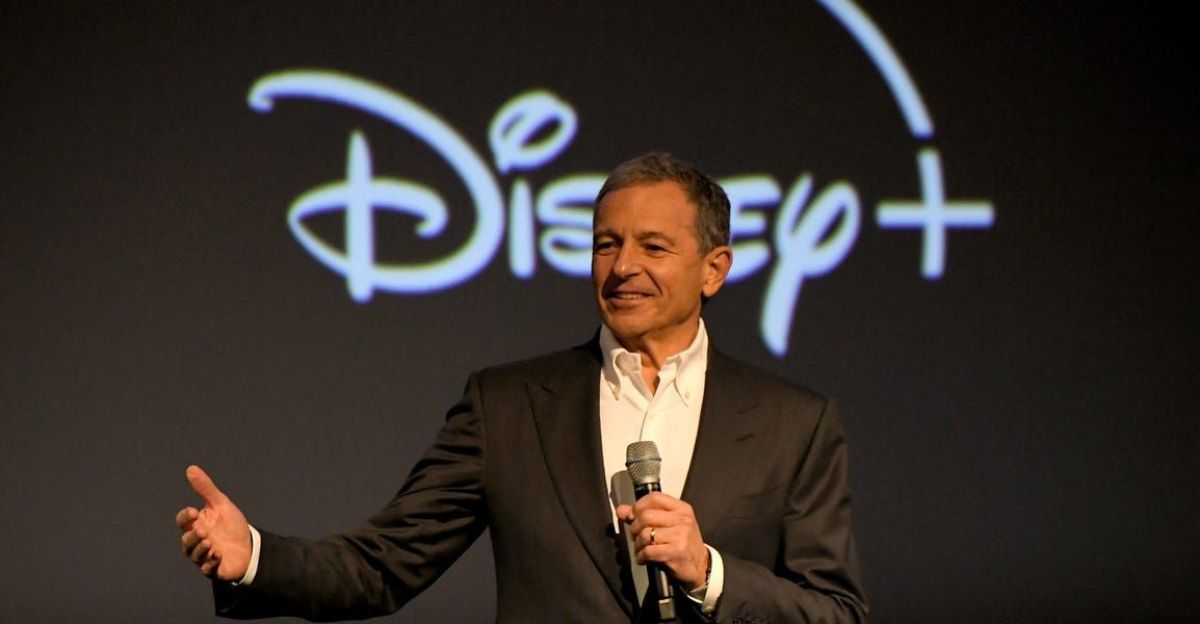
Disney CEO Bob Iger is accustomed to juggling competing priorities. A Los Angeles Times profile (Dec 2024) noted that Iger’s broad portfolio—from Marvel and ESPN to overseas media networks—means he constantly navigates political and economic pressures.
He must protect creative freedom for Disney’s studios and news divisions, even as the company works closely with governments worldwide (including the new U.S. administration).
Analysts note that while Disney publicly stresses autonomy, content like The View inevitably involves top-level strategy.
The controversy thus puts Iger’s balancing act on display: he must decide how much weight to give political or advertiser concerns without stifling creative teams.
Survival Strategy
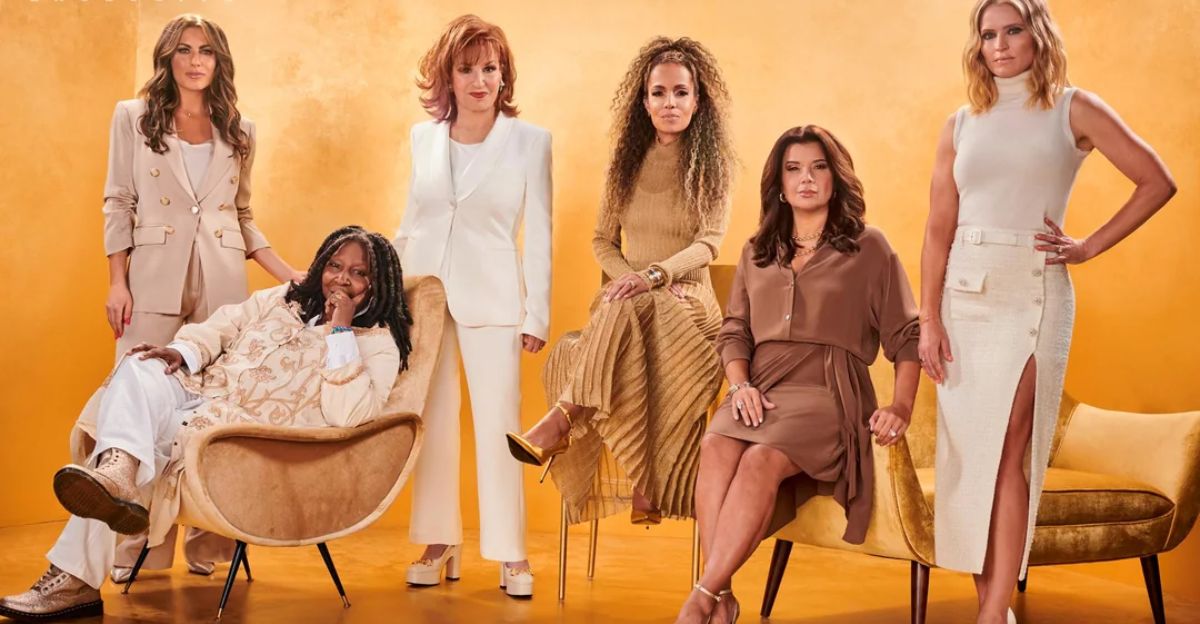
In early August 2025, ABC moved decisively to quash the rumors. The network announced that The View would return for its 29th season in September, directly contradicting the cancellation chatter.
Executives pointed out that The View has been the #1 daytime talk series for five straight seasons, underlining its continued success. Advertisers remain committed, and Disney officials emphasize that the show reliably delivers its audience. In effect,
The renewal served as a practical rebuttal: by officially extending the show, ABC signaled that financial performance, not political noise, would determine its fate.
Expert Skepticism
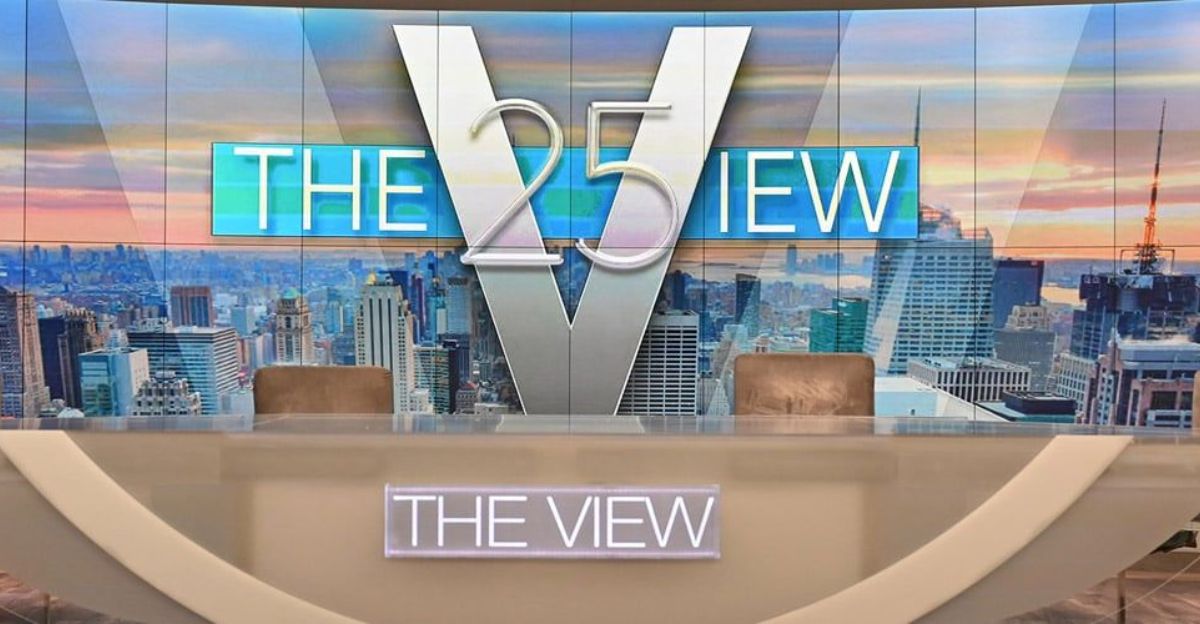
Industry analysts were largely skeptical that politics alone could drive programming changes. Ratings data show no steep decline in The View’s viewership—in fact, it continues to beat most of its competitors in the same slot.
Experts stress that networks cancel shows only when they underperform financially. In other words, a program has to be losing money before it faces the axe.
Many observers concluded that The View’s strong ratings and ad revenue would make cancellation economically unjustifiable.
As one former executive put it, the decision hinges on revenue, not ideology. In short, analysts argue that ABC will look first at the numbers: if The View keeps delivering viewers, outside controversies alone should not end it.
Future Implications
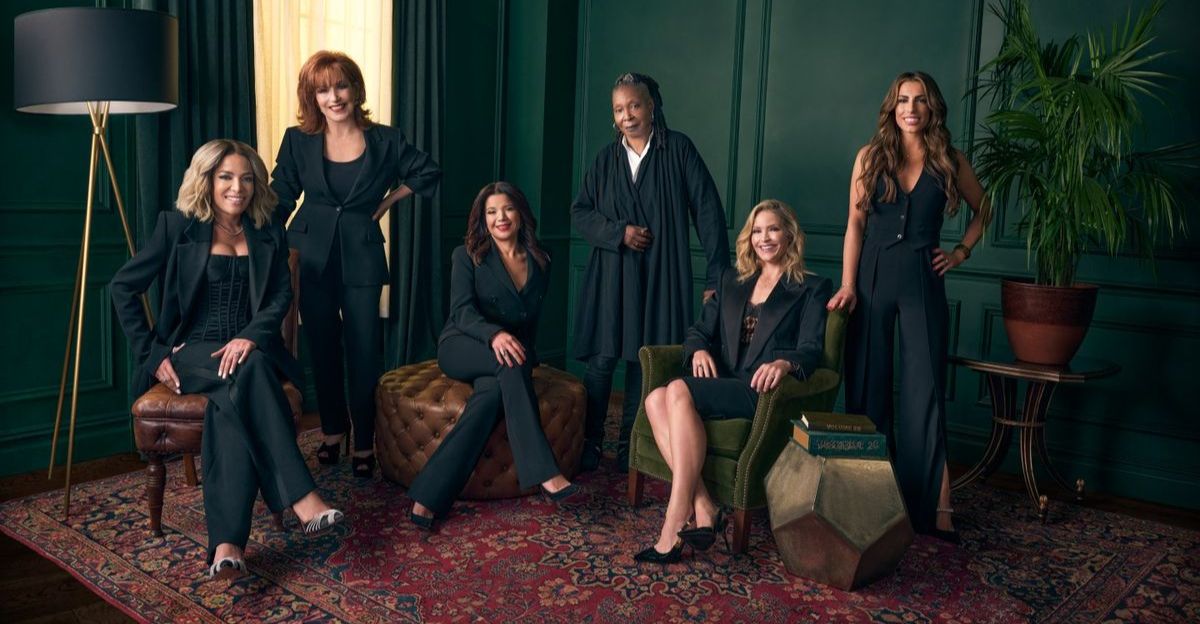
Stepping back, the clash over The View raises fundamental questions about media independence. It highlights the uneasy balance between creative expression and corporate interests: will entertainment producers heed political pressures, or will they stick to audience-driven content?
If networks start censoring shows to please politicians, critics warn that public discourse on TV could shrink.
On the other hand, the fact that ABC renewed The View suggests profit motives still often trump partisan demands.
Either way, this saga illustrates the changing TV landscape: in a polarized, streaming-dominated media world, the survival of any show may increasingly depend on its economic viability as much as its message.
Political Weaponization
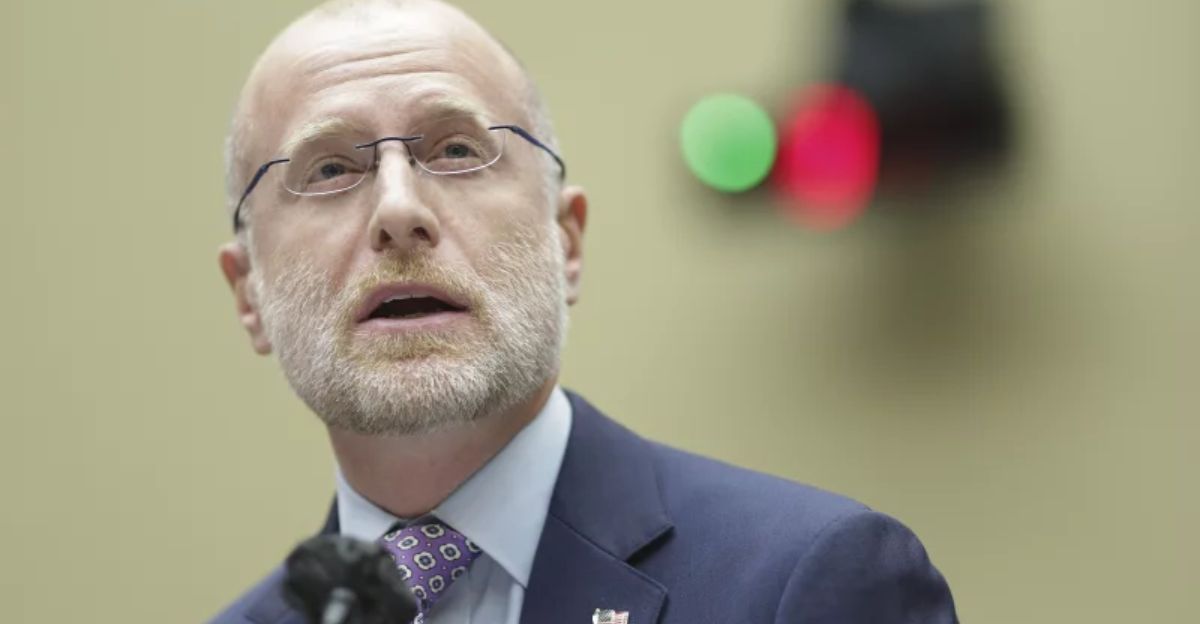
In a surprising development, regulators entered the fray. Entertainment Weekly reported that FCC Chairman Brendan Carr mentioned The View controversy during a Fox News interview, hinting that broadcasters might face “consequences” for perceived bias.
Carr’s comments were extraordinary: the FCC’s mandate covers indecency and technical matters, not the ideological slant of talk shows.
Still, his remarks suggest the party in power is testing the waters of content oversight. Media lawyers note that while the FCC technically cannot mandate viewpoint balance on entertainment, even the threat of regulatory scrutiny can chill speech.
The episode signals that political leaders may now see entertainment programming as fair game, a development that has left networks uneasy.
International Perspective
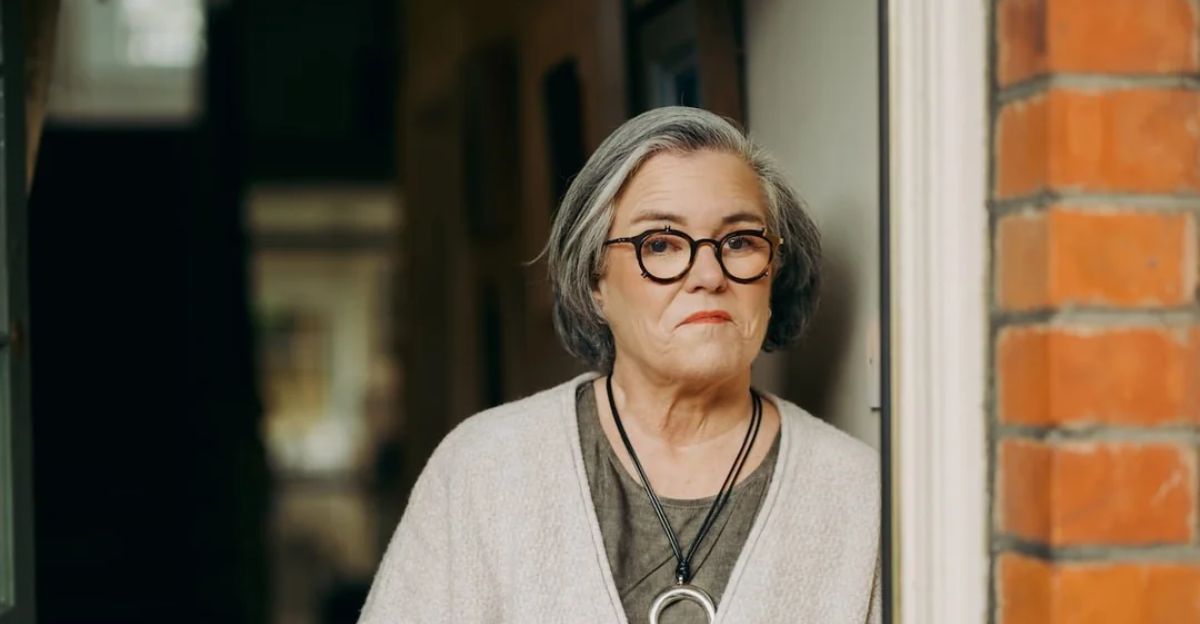
Observers outside the U.S. watched closely. Press freedom groups point to the The View case as a bellwether: how the American entertainment industry handles political pressure can influence global norms.
Rosie O’Donnell’s move to Ireland after Trump’s first win is often cited by international media as a sign of concern among U.S. artists about their free expression.
Some European commentators have compared her situation to historical episodes of exile for dissenters. Internationally, the narrative has become that if a popular U.S. talk show is threatened for its politics, it could embolden other governments to do the same.
The View saga is being framed by global media-watchers as a test of free speech in a democracy.
Legal Boundaries
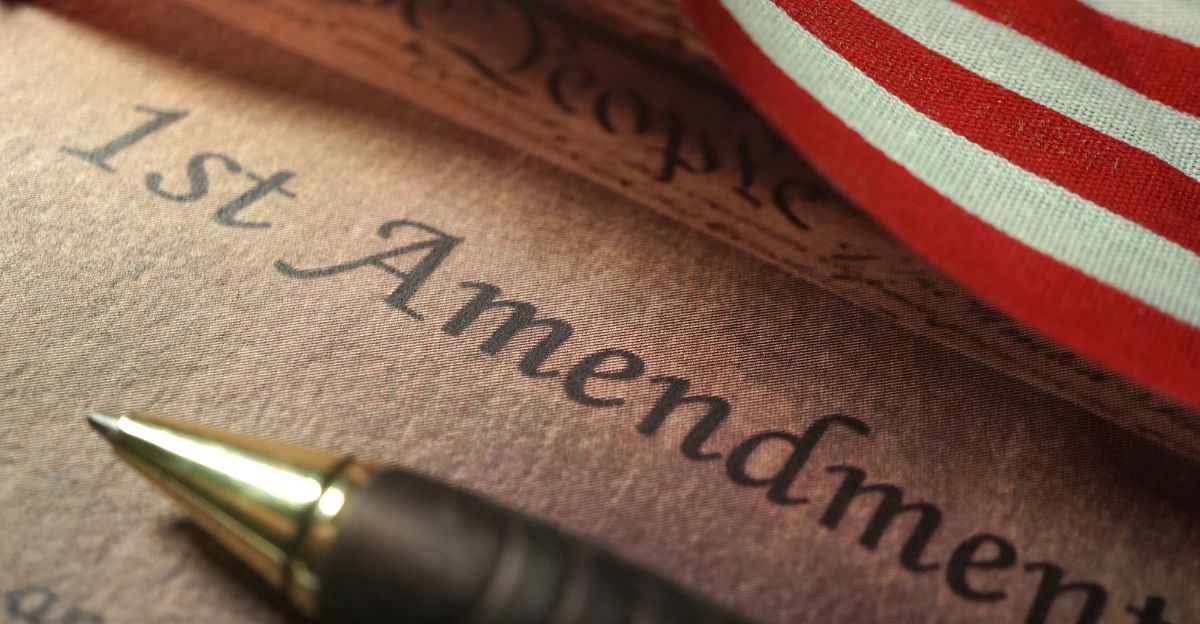
From a legal standpoint, the situation is murky. The First Amendment prohibits government censorship of speech, which technically includes entertainment programming.
However, constitutional scholars note that indirect pressure—through agencies, fines, or public threats—creates a gray area. If officials hint at punishing a show, networks might self-censor to avoid trouble, raising a “chilling effect” concern.
So far, no law has been passed to regulate talk-show content, and courts have generally been reluctant to restrict broadcast content on political grounds.
Some legal experts argue the White House is still on safer ground than it would be if it tried to pass a censorship law. In practical terms, industry lawyers say this case will be watched for precedent: if a network buckles in reaction to such pressure, it could set the stage for future legal challenges.
Cultural Shift
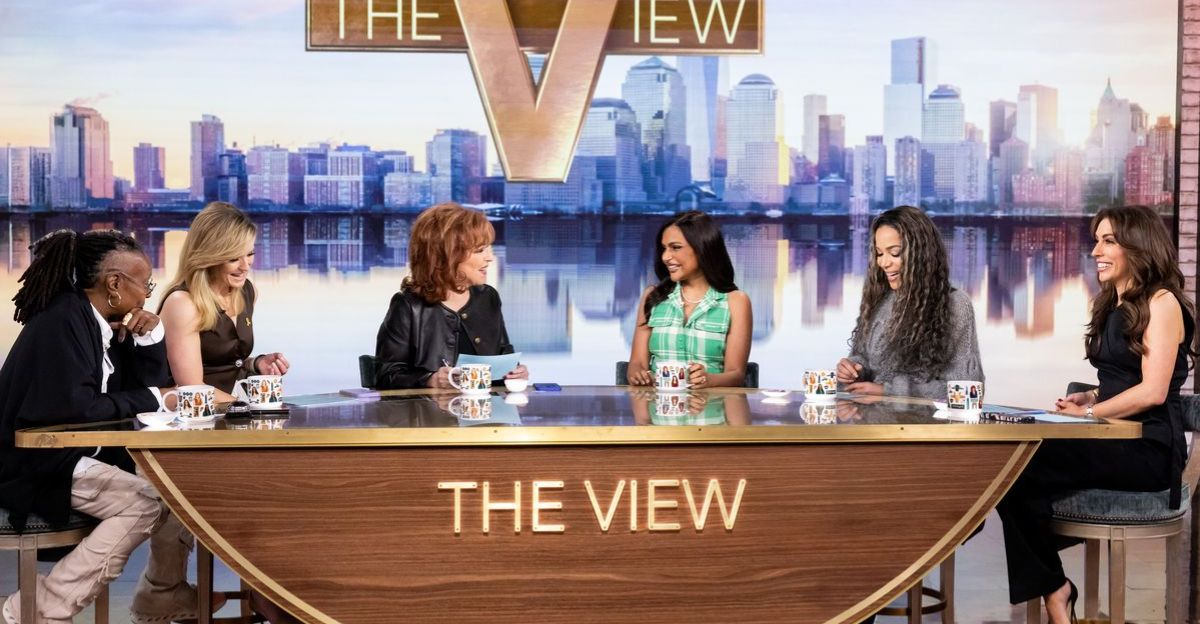
The uproar over The View reflects a broader cultural shift. Audiences today often seek media that align with their beliefs, a trend documented by Pew Research.
This polarization means many viewers won’t tune in to shows they consider too liberal or too conservative. For traditional networks, that challenges the old “broad-appeal” model.
The View has long had a loyal, mostly liberal audience—and many conservative viewers simply skip it. As one commentator observed, we may be moving away from general-interest talk shows toward niche programming.
The View controversy illustrates the tug-of-war: networks can either cater to a specific demographic or risk marginalizing core viewers. The outcome will influence whether talk shows aim for bipartisan debate or lean into one side to secure their slice of the audience.
Broader Reflection
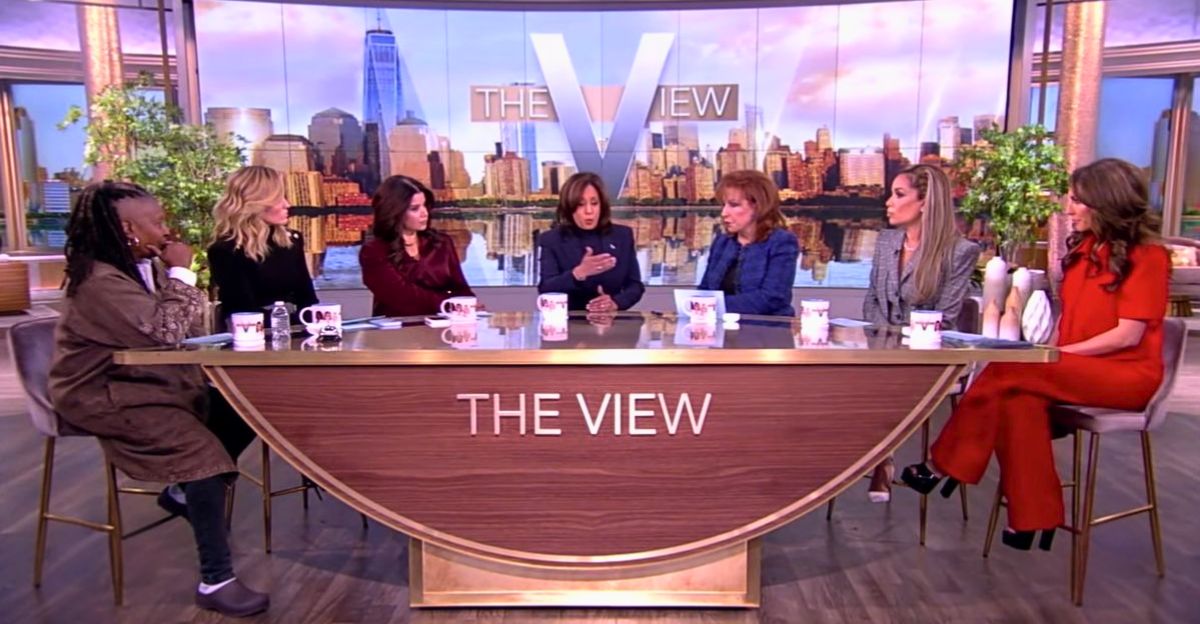
This episode highlights how political pressure, audience fragmentation, and business concerns converge in today’s media. Pew Research notes that many viewers now choose news and entertainment matching their own views, making neutrality a challenge.
Networks may therefore prioritize shows that deliver reliable audiences to advertisers. The View’s renewal shows that, at least here, solid ratings outweighed partisan backlash.
For now, broadcasters can conclude that economics — not politics — largely calls the shots, although the media landscape is clearly evolving. The case of The View has become a litmus test: can high viewership continue to protect creative freedom when politics grow this charged?
Only time will tell which standard – audience demand or political pressure – will ultimately prevail in shaping television’s future.